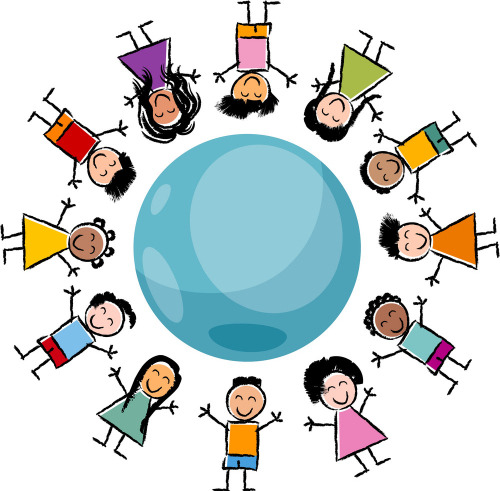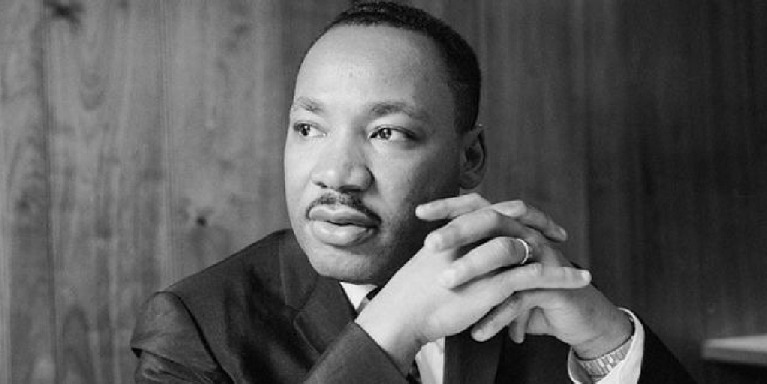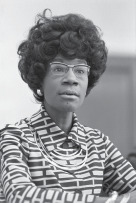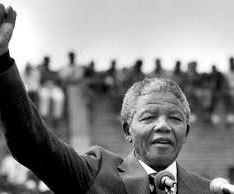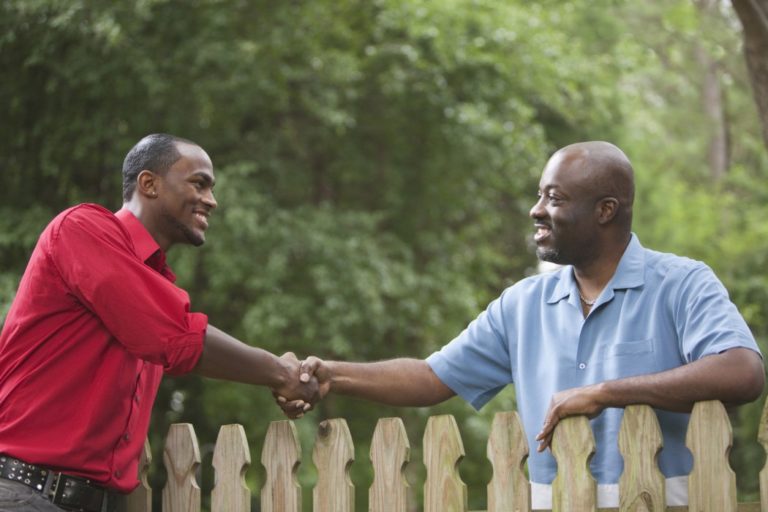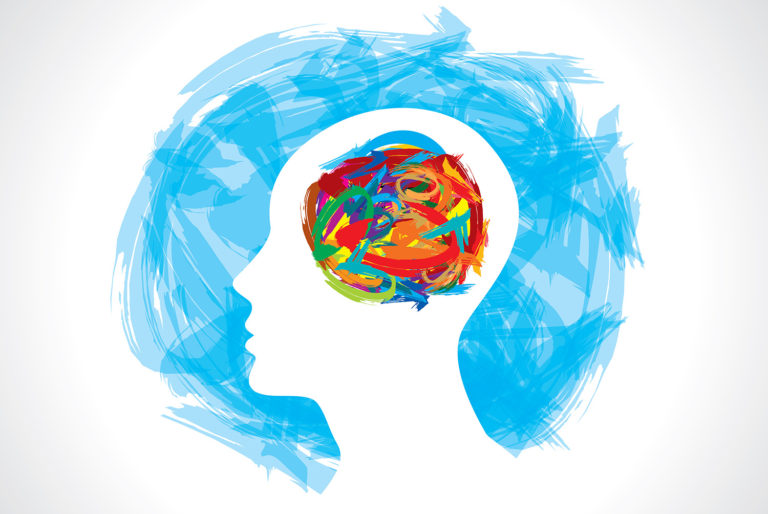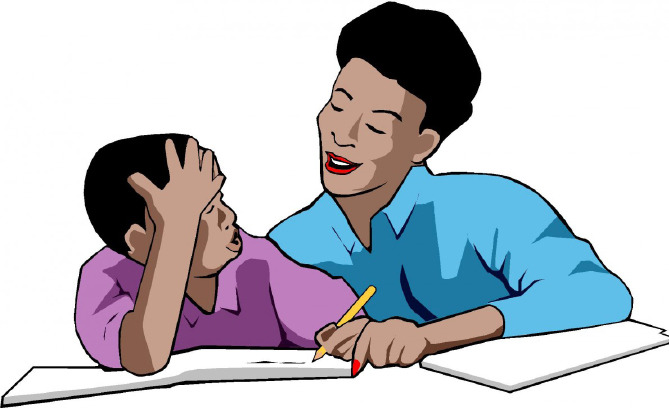Having a good mind doesn’t just apply to you. It applies to having a good mind toward others to make the world a better place to live and to be able to spread “Goodwill”!
The first rule to spread Goodwill is to be the light to someone else who needs that support or to teach a younger sibling how to be a role model for others, just as you are (hopefully). It is contagious if you show someone goodwill, they will also do so to others, and that creates a better community for everyone.
One main way to spread goodwill is to be active and volunteer more and donate to charities that give people hope. Do extra community service like write articles to inform people so others can help out as well. Get outside of your bubble or comfort zone to get others to join you and interact with others. One way to spread goodwill is to create a social media page on sites like Instagram and create a hashtag like, “#GOODWILL”. Then people can write stories on how people affected them, and it can be inspiring for others to carry on these good deeds!
One more way to spread goodwill is to give hope to those who have lost it. Give them a sense of belonging when they feel like they don’t belong. This can often lighten someone’s day in more ways than you can imagine. If someone is trying to quit smoking, give them hope that it will happen. If someone is scared, give them courage so that they may succeed.
Now that I have given you a better view on spreading goodwill, I hope that you change someone’s life or impact it in a smaller way that can really make a difference in their mindset! Have a good mind and spread #GOODWILL!

